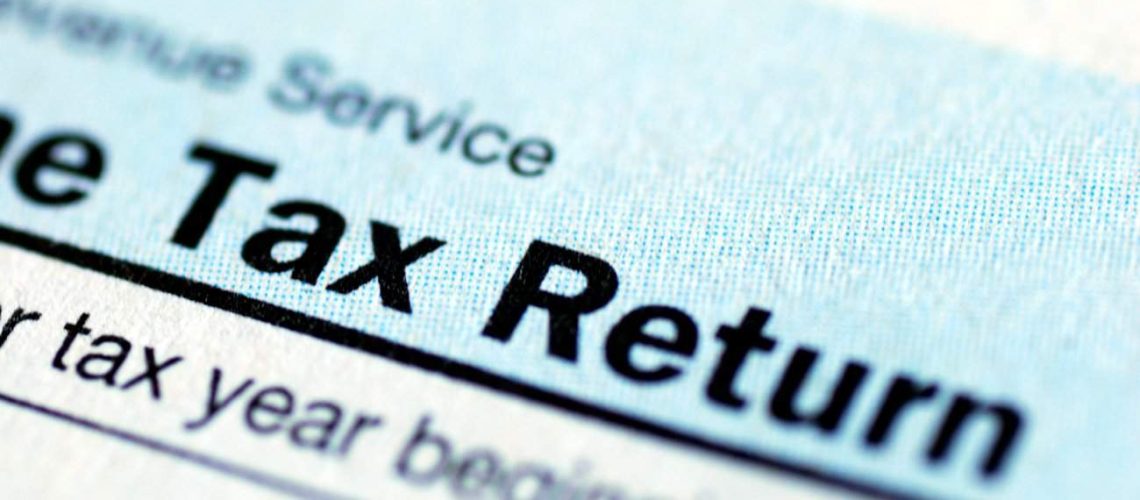Make sure to over these possible tax deductions with your tax preparer before sending your tax return.
Solar/Alternative Energy Deductions

Installing solar power on your home or business can bring many benefits, including reducing your energy costs and promoting environmental sustainability. Additionally, governments offer tax incentives to encourage the adoption of alternative energy sources like solar power. These tax benefits can make solar energy more accessible and affordable for homeowners and businesses.
One of the main tax benefits of solar energy is the federal solar investment tax credit (ITC). This credit allows homeowners and businesses to deduct a percentage of the cost of installing a solar energy system from their federal taxes.
In addition to the federal solar ITC, many states offer their own tax incentives for solar energy. For example, some states offer property tax exemptions for solar energy systems. This means that the value added to your property by the installation of solar panels will not be subject to property taxes. Other states offer sales tax exemptions or rebates for solar energy systems.
As an aside, installing a solar energy system can also provide long-term financial benefits beyond tax incentives. By generating your own electricity through solar panels, you can reduce your dependence on grid electricity and potentially earn money by selling excess energy back to the grid through net metering programs. Additionally, solar panels can increase the value of your property, making it a sound investment in the long run.
Last Year’s State Tax Or Sales Tax
This is something that has gone in and out of favor in Congress over the years, but it’s recently gained lasting traction.
You can deduct either last year’s state tax or sales tax, and the decision should come down to how much of an advantage you’ll get depending on where you live. For example, if you reside in a state without sales tax, deducting last year’s state tax is the obvious decision. On the other hand, if you live in a state that does, you’ll have to weigh your options for the best possible savings.
Health Insurance Premiums

For the year of 2019, deductible medical expenses must exceed 7.5% of your AGI (adjusted gross income) before they can be claimed as itemized deductions. However, the required percentage will increase to 10% for the 2020 year.
That said, if you are self-employed and manage your own health insurance coverage, you may be entitled to a 100% deduction of your premium costs. This is subtracted from your AGI – it is not counted as an itemized deduction.
Charitable Contributions (Out-Of-Pocket)
Any charitable contribution you make out of your own pocket can be deducted from your taxes, whether large or small. Large charities to colleges can be deducted just as soon as the cost of paper plates and plastic utensils donated to a soup kitchen.
Education Costs

There are two ways of deducting education costs.
- The Lifetime Learning Credit – This is a tax deduction that secondary education students can benefit from.
- The American Opportunity Credit – This tax credit, unlike the LLC, can be claimed for only four years.
(Unusual) Business Costs
Many business costs can be deducted from taxes, but there are many unusual business costs that people tend to overlook.
Remember: any cost that goes into benefiting your business can potentially be deducted. If you recently moved to a new office with a lingering strange smell, you can deduct the cost of air fresheners or odorizers, for example.
Refinancing Mortgage Points
Often people can deduct points paid to get their mortgage all at one time when buying a house. These points, however, must be deducted over the loan’s lifespan when you refinance a mortgage. So, for a 20 year mortgage, you can deduct 1/20th of the points per year.
Paying a Babysitter

This one depends on the circumstances. If you are paying a babysitter to watch your kids while you’re doing volunteer work for a recognized charity, you can deduct the babysitting costs – this counts as a charitable contribution on your tax return. However, you must be able to document that you were indeed doing volunteer work at the time the babysitter was working.
Teacher Tax Savings
Many teachers have to pay out of pocket for things needed in the classroom from time to time. Qualified K-12 teachers can deduct up to $250 for materials per year. This will be subtracted from your income so there’s no need to itemize these costs.






